Affiliated UNE Faculty, Professional Staff, and Students
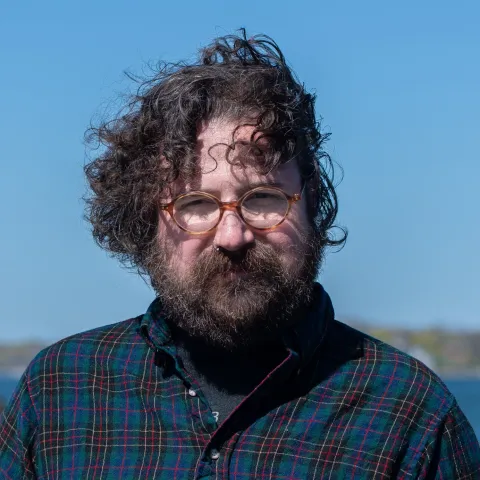
Associate Teaching Professor
School of Social and Behavioral Sciences
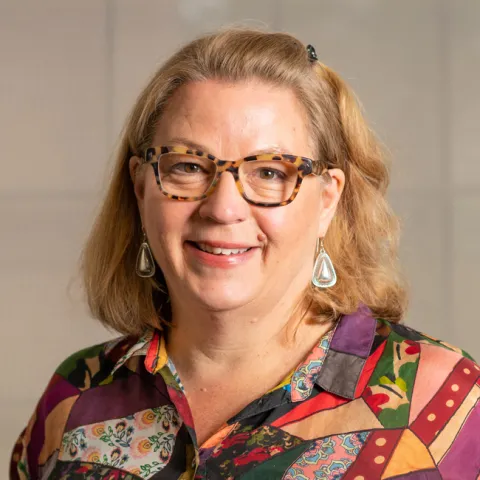
Associate Professor
Department of Physical Therapy
Westbrook College of Health Professions: Research, Physical Therapy
Westbrook College of Health Professions
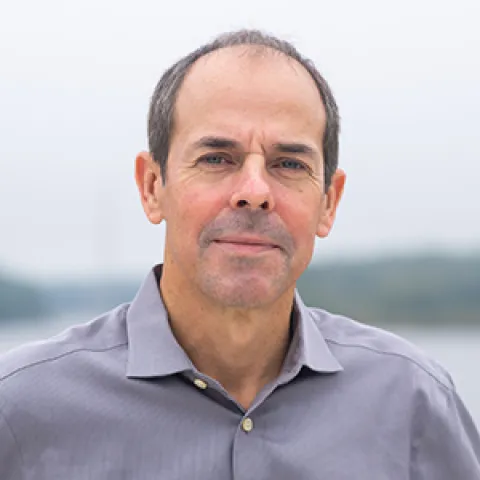
Dean
Honors College
Associate Professor
College of Business
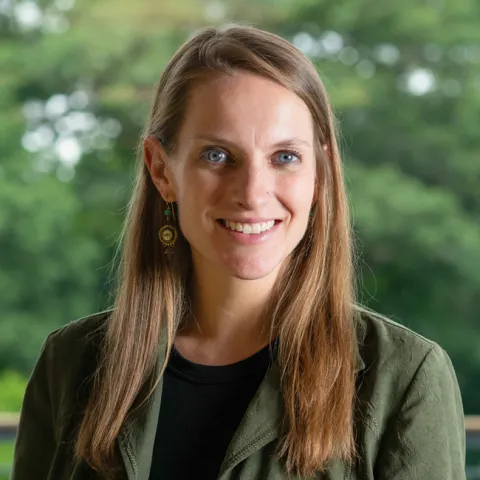
Assistant Professor
School of Marine and Environmental Programs
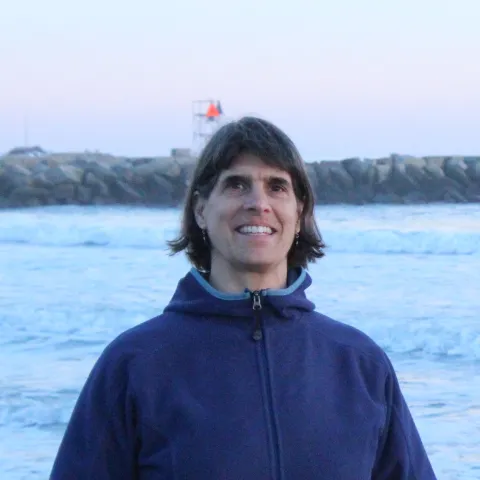
Professor
School of Biological Sciences
College of Arts and Sciences
Associate Dean of Faculty Affairs
College of Arts and Sciences: Dean’s Office
Interim School Director
School of Mathematics and Data Science
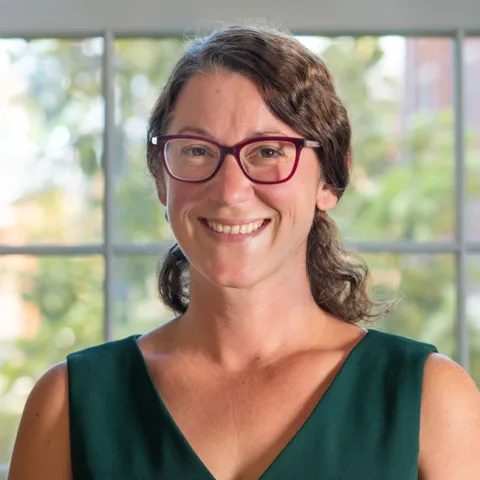
Associate Clinical Professor
Bachelor of Science in Nursing program
Westbrook College of Health Professions
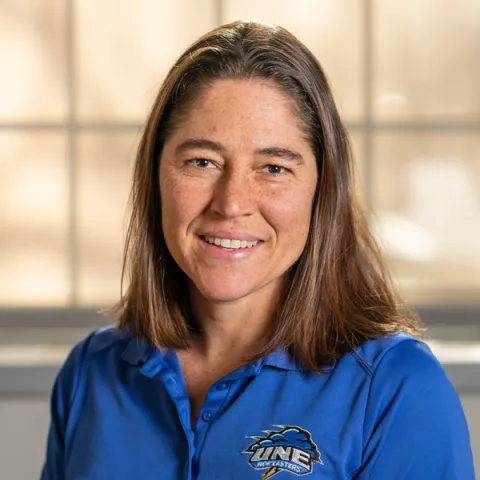
Professor
School of Marine and Environmental Programs
College of Arts and Sciences
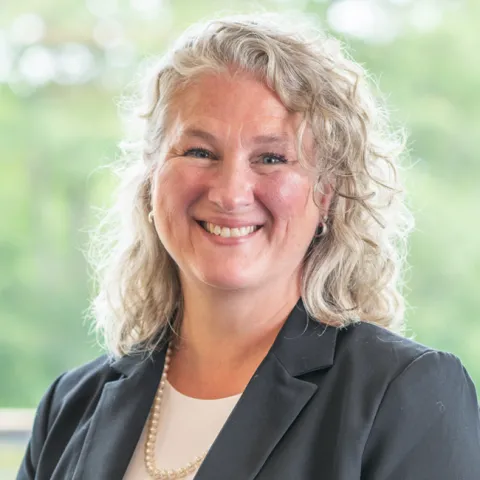
Director of Sustainability
Environmental Health and Safety
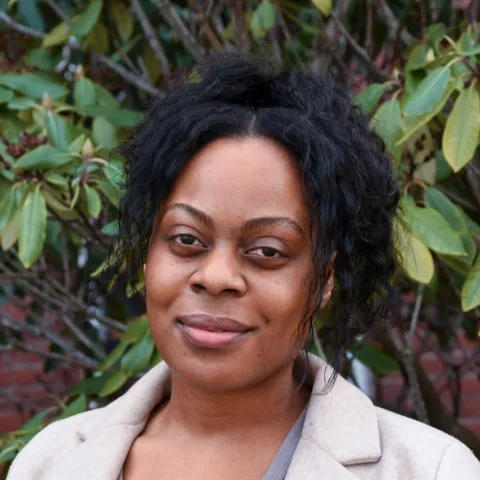
Assistant Director, Public Health Workforce Development, Assistant Teaching Professor
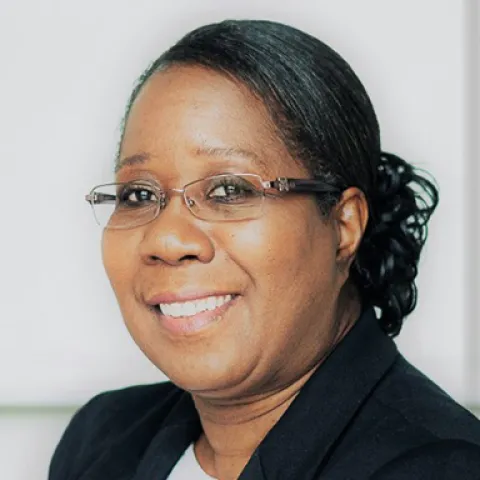
Director, Associate Teaching Professor
Online Graduate Programs in Public Health
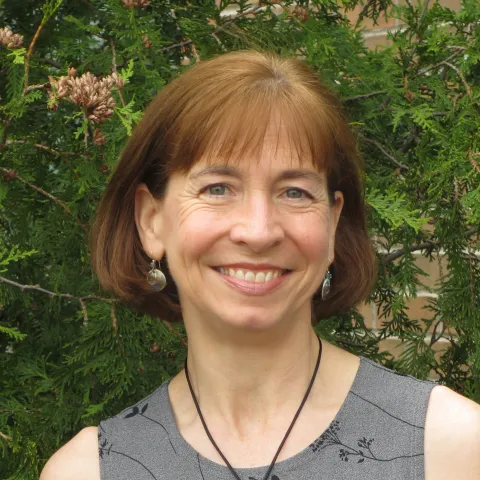
Associate Professor
School of Marine and Environmental Programs
College of Arts and Sciences
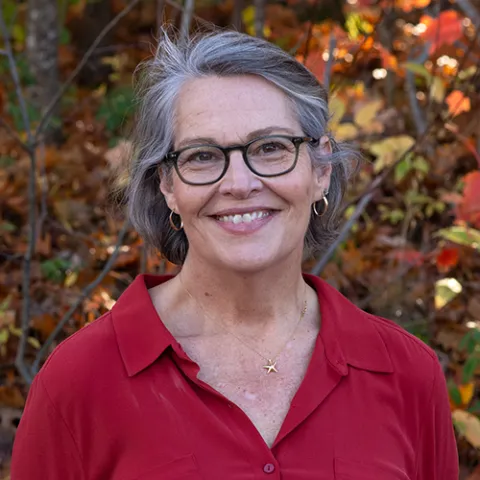
Professor of Pharmacology
College of Osteopathic Medicine: Department of Biomedical Sciences
Interim Director Girard Marine Science Center
School of Marine and Environmental Programs
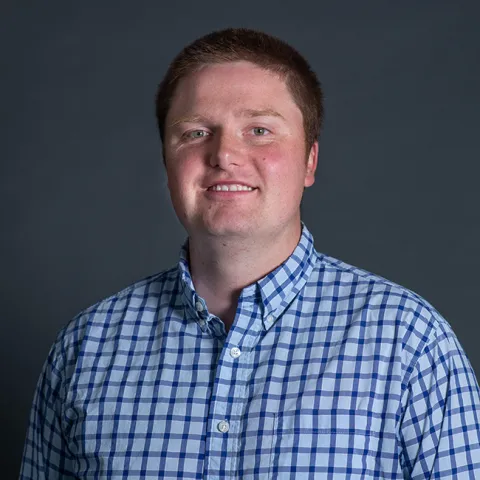
Assistant Professor
School of Marine and Environmental Programs

Program Director, Clinical Professor
Department of Physical Therapy
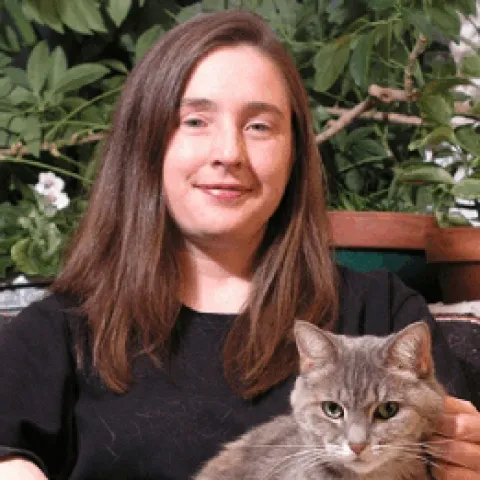
Professor
School of Arts and Humanities
College of Arts and Sciences
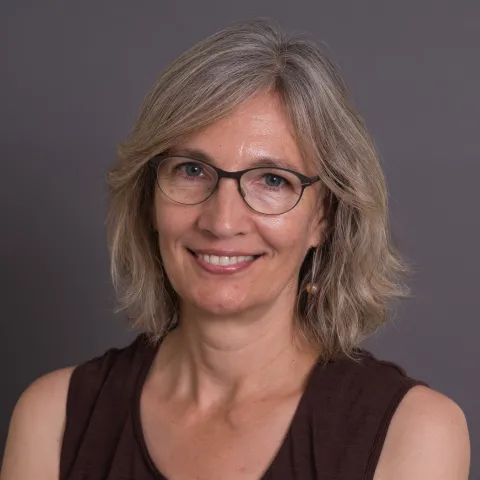
Professor of Public Health
Department of Health Promotion Studies
Westbrook College of Health Professions: Research, Public Health
Westbrook College of Health Professions
Director
Center for Excellence in Public Health
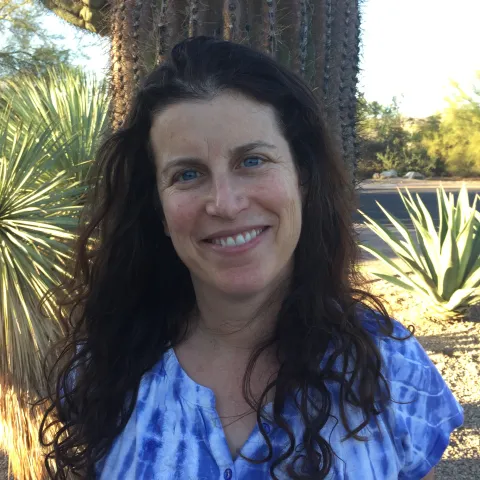
Professor, Senior Consultant Community-Campus Partnerships for Health
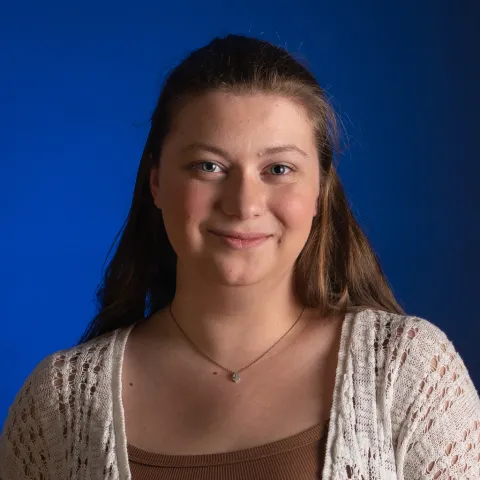
Abby Tasca
Marine Biology Student
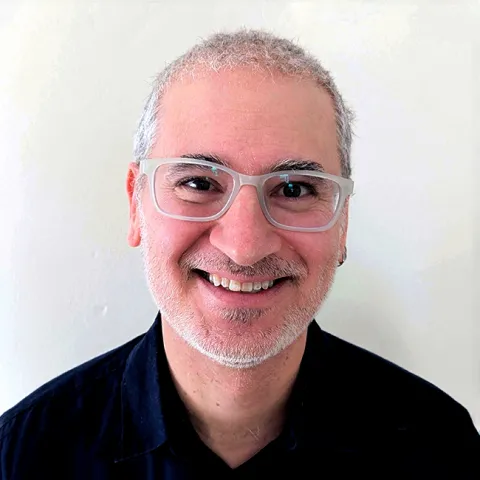
Professor
School of Mathematics and Data Science
College of Arts and Sciences
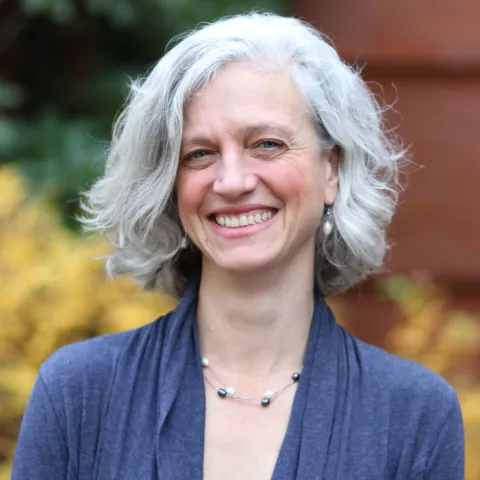
Associate Research Professor, Public Health, Director, Center for Healthy Aging, Program Director, AgingME2, Geriatrics Workforce Enhancement Program (GWEP)
